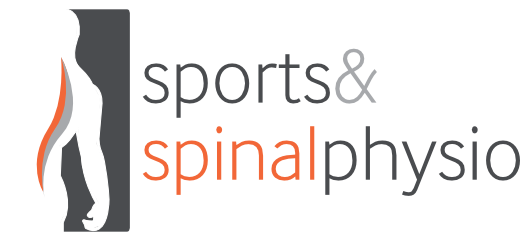News & Blog
Is weight the best way to measure success with diet and exercise?
How to Measure Success
Measuring ‘Health’ is a multifactorial measure and simplifying it is extremely challenging. Historically measures such as BMI and Body Fat callipers have left a society where a number on the scales reflects both how healthy we are but also how we feel and look at ourselves. Sometimes improving our health is about finding a measure that suits our mental and physical health and takes us away from the scales which have been proven to be an unpredictable measure.
Other measures of health like those below are all suitable measures but can be more appropriate for different people and different stages of their health journey.
| Measure | Pro’s | Con’s | Frequency of Testing |
| Body Weight |
|
|
|
| Measurements |
|
|
|
| BMI |
|
|
|
| Body Fat Percentage |
|
|
|
| Progress Photo |
|
|
|
| Step into Old Clothes |
|
|
|
| Resting Heart Rate |
|
|
|
Deciding which measure is the right one is personal, and doesn’t have to remain the same for your entire journey. Choosing the appropriate measure to the appropriate goal is key however as it can be essential as a motivational tool but also a long term one. Healthy changes are not merely about short term fixes to achieve health, but long sustainable lifestyle choices so that health can be sustained for life.
Written by Andrew Livett -Sports and Spinal Physio
